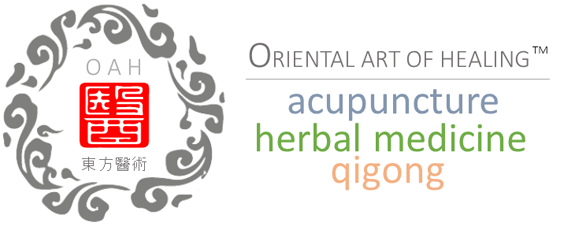Traditional Chinese Medicine (TCM) considers the whole body when looking at disease and disharmony. A detailed intake includes: internal condition, lifestyle, environment, habits, palpation of pulse and abdomen and the observation of the tongue. From there, the acupuncturist designs a treatment plan based on the patient’s constitution.
Chinese medicine has always regarded cancer as several different diseases rather than a single disease. Herbal holistic Chinese medicine for cancer is based on Fu Zheng Gu Ben; which means strengthening what is correct, regeneration and repair. TCM aims to harmonize the patient as well as attack the cancer.
Chinese herbs are a big part in fighting cancer and enhancing the immune response. Herbs will differ according to location of the cancer and since many cancer patients receive chemotherapy, anti-toxic herbs are generally added.
In the case of cervical dysplasia, Western medicine looks to the Loop Electrosurgical Excision Procedure or LEEP. Although this procedure is effective, it also carries many risks including permanent damage to the cervical wall and subsequent preterm pregnancies. Through the application of acupuncture and herbal remedies, Traditional Chinese Medicine seeks use the body’s own resources and abilities to assist in healing without side effects from surgery.
In the case study Traditional Chinese Medicine: A Viable Alternative to the LEEP Procedure in Treating Cervical Dysplacia, two women with cervical dysplasia were treated on a consistent bases with weekly acupuncture treatment and daily herbal intake for at least three months. Although this study was limited in its sample size, both women were able to avoid having the LEEP surgery and had normal pap smears.
References:
Kang, Myeongae. “Traditional Chinese Medicine: A Viable Alternative to the LEEP Procedure in Treating Cervical Dysplasia. A Case Study. Yo San University. (2013) : 46-77. Print.


